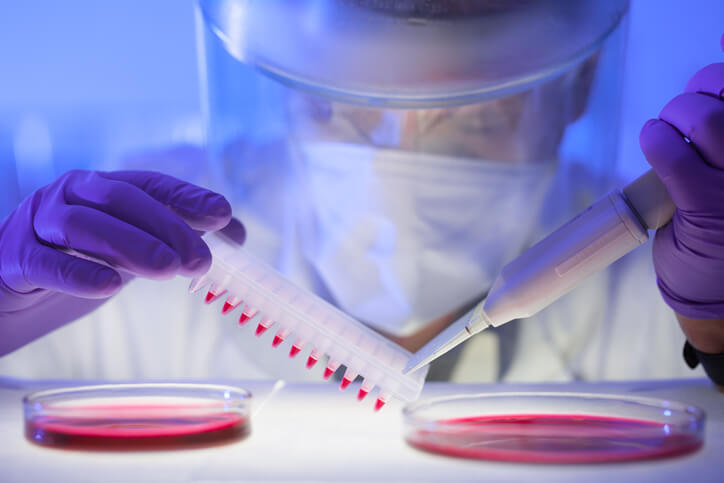
HPV, or human papillomavirus, is actually a group of over 150 viruses (divided into types and assigned a designating number) that are related to papillomas (warts). Some types of the HPV virus can cause warts, others are connected to certain forms of cancer. Both males and females can get cancers of the mouth and or throat, anus/rectum. Certain types can cause penile cancer in males and cervical, vaginal or vulvar cancer in women. There are vaccines that can prevent the 14 HPV types that are most closely associated with cancer. The Center for Disease Control (CDC) recommends that women between the ages of 21 to 30 should be tested for HPV every two to three years, even if your pap smear is normal. Many doctors are proactively performing the HPV test during pap smears and cervical exams.
When to Get an HPV Test?
If you are over the age of 30, and have had three consecutive normal pap smears, the American College of Obstetricians and Gynecologists advises that you can wait three years before getting tested for HPV again. If, however, you have risk factors, such as a family history of cervical cancer, an abnormal pap, abdominal pain or other signs and symptoms, your doctor may want to perform the tests more frequently.
Even if you do test positive for HPV, in most cases, as long as you are healthy, your body should be able to fight the virus off within a year to two years. The CDC estimated that there are 14 million new infections in the US each year. Research has also shown that about 75% of sexually active adults have genital HPV at some point during their lifetime, and that 90% percent of the cases clear up naturally. The remaining 10% can develop the cancers mentioned earlier.
The good news is that even though there is currently no cure for HPV, if spotted early, it can be monitored and treated to help prevent it from becoming cancerous. Symptoms like genital warts can be treated and there is a HPV vaccine that effectively prevents HPV infections from the HPV types associated with cancer. Both males and females can get vaccinated. The CDC recommends that adolescents aged 11 and older be immunized.
HPV causes over 30,000 cases of cancer in both males and females each year in the US. About 28,000 of those could have been prevented with a HPV vaccine. If you are concerned about HPV, talk to your doctor about proper testing and immunization and make sure to get yearly screenings such as pap smears, mammograms and other tests recommended by your doctor on a regular basis.
If you have questions about HPV testing, treatment, immunizations or any other gynecological issues, we are here to help. Please call University OBGYN Associates at (315) 464-5162 to request an appointment, or request one online.



